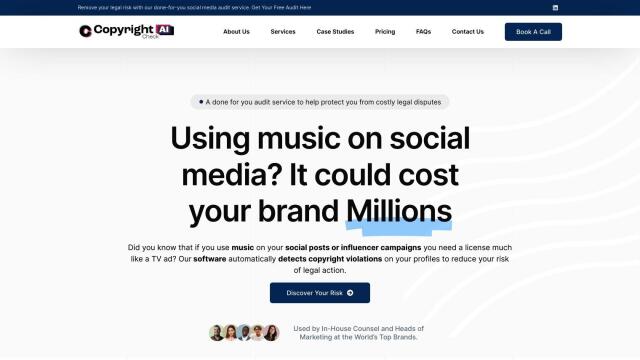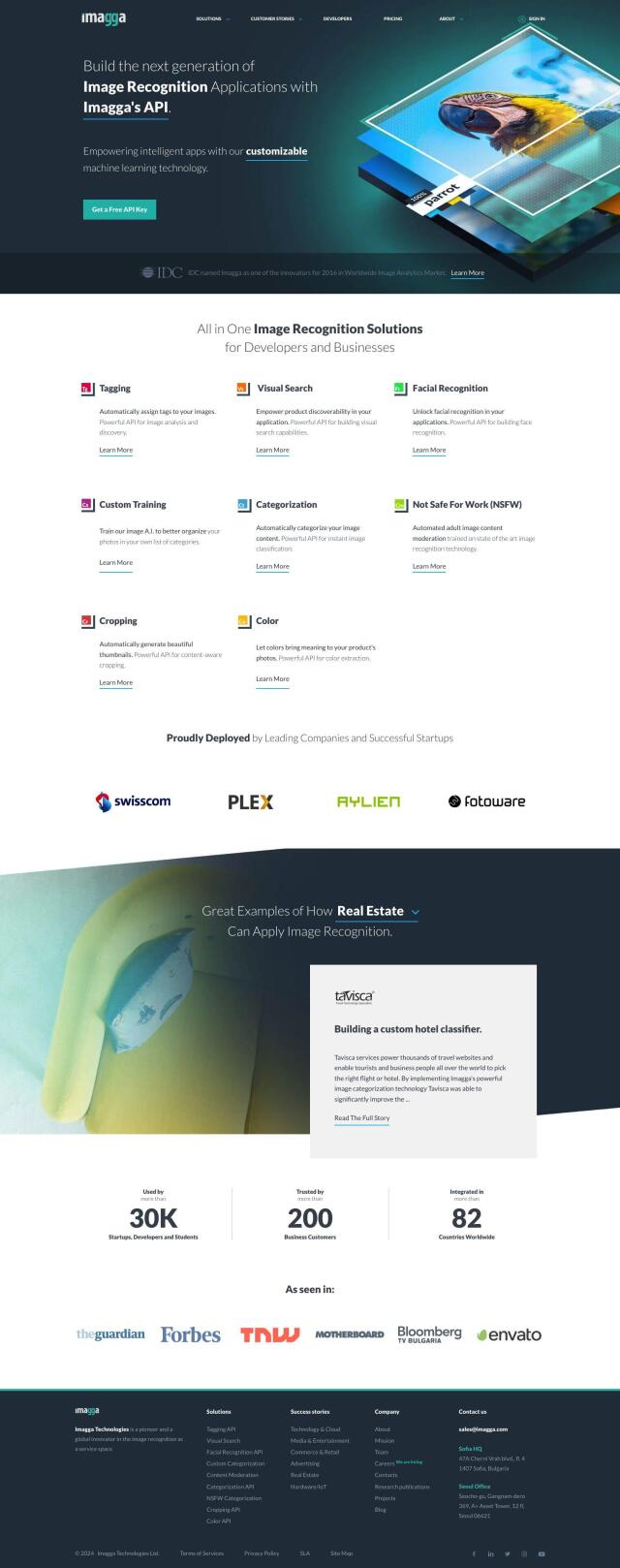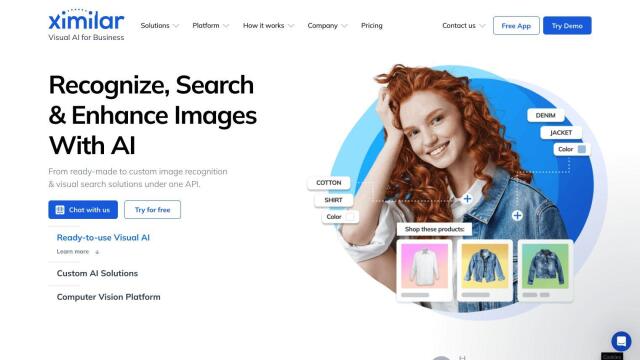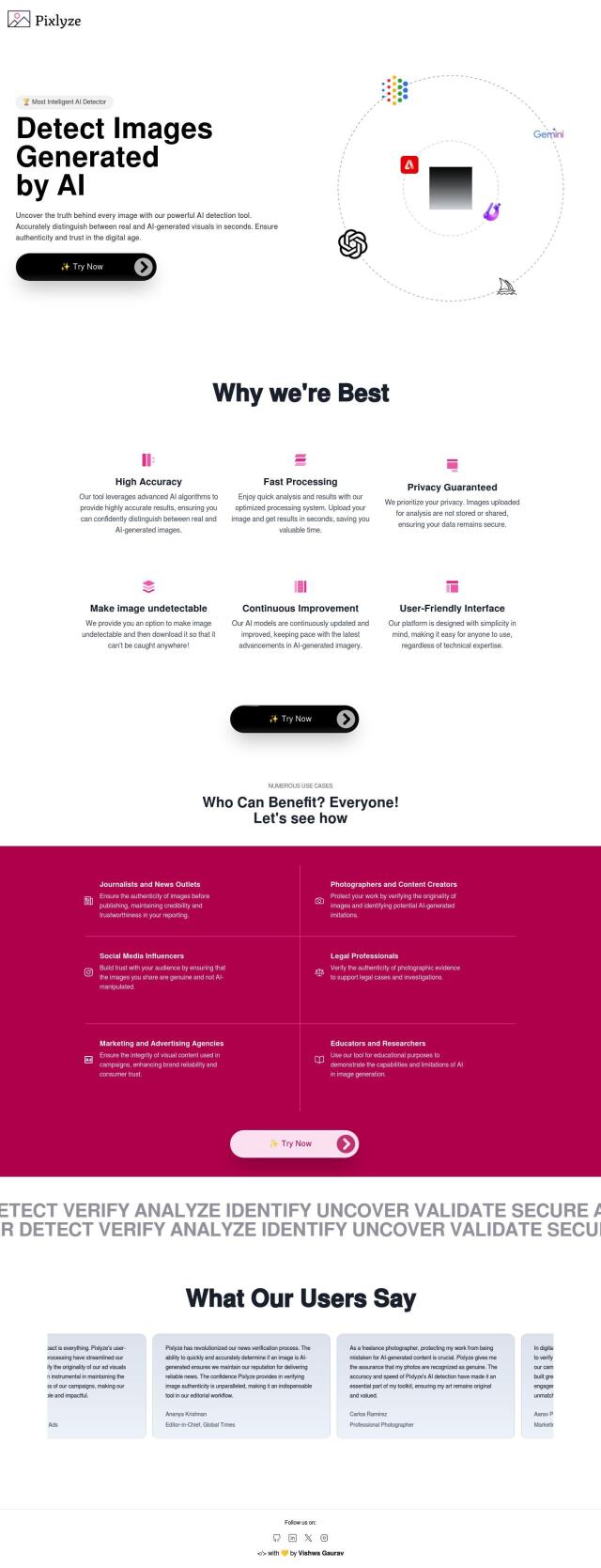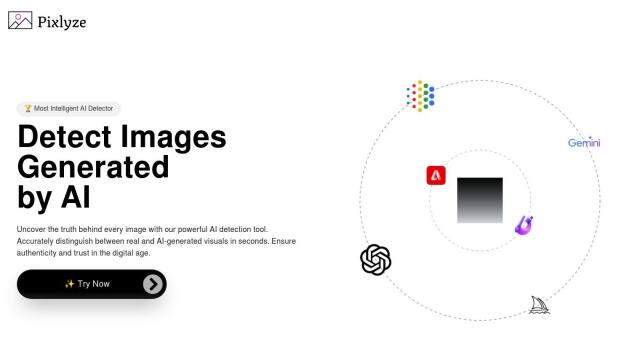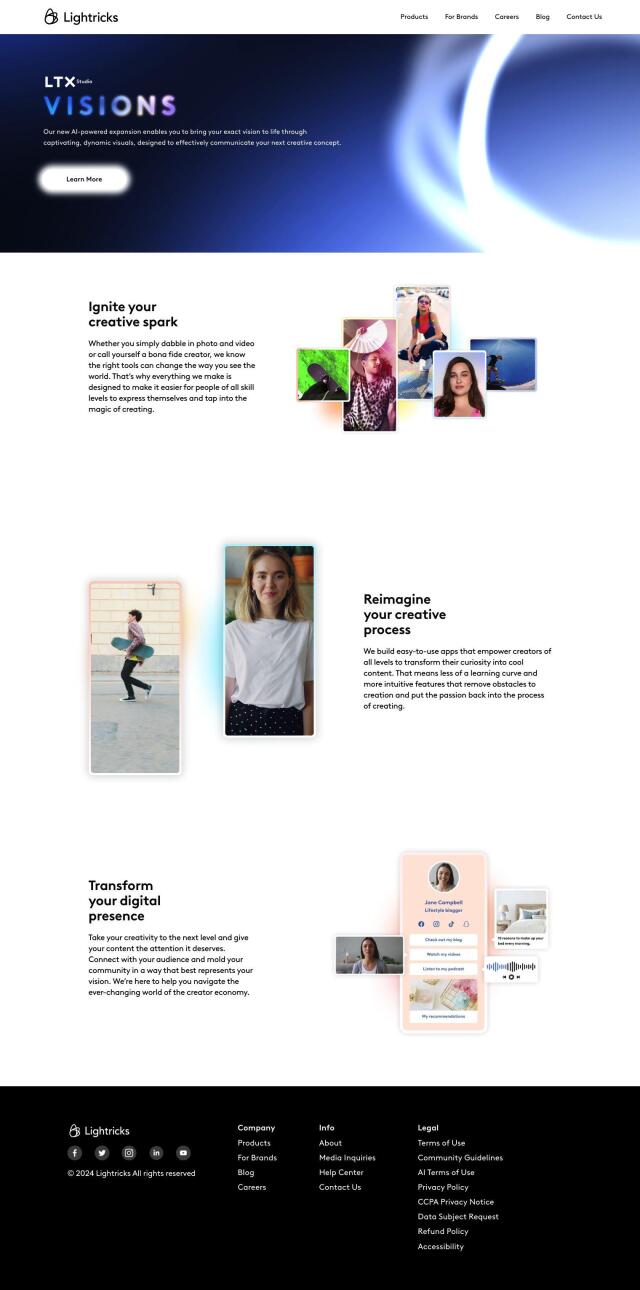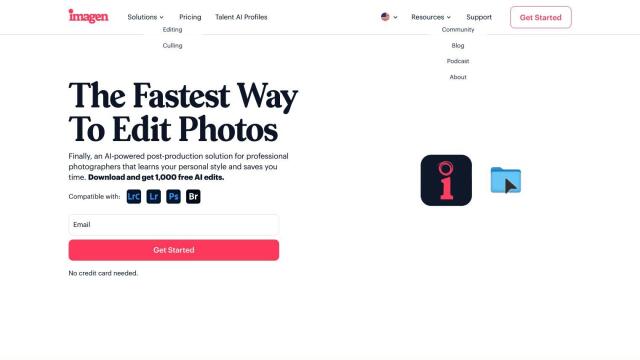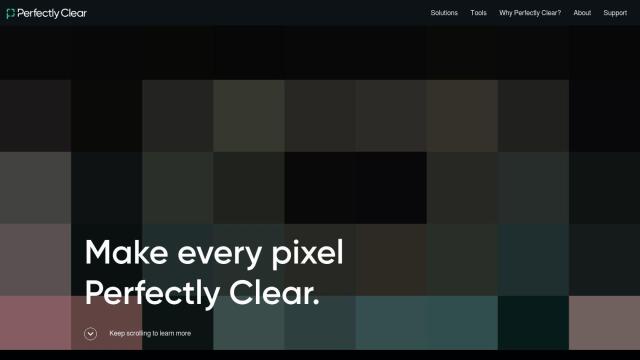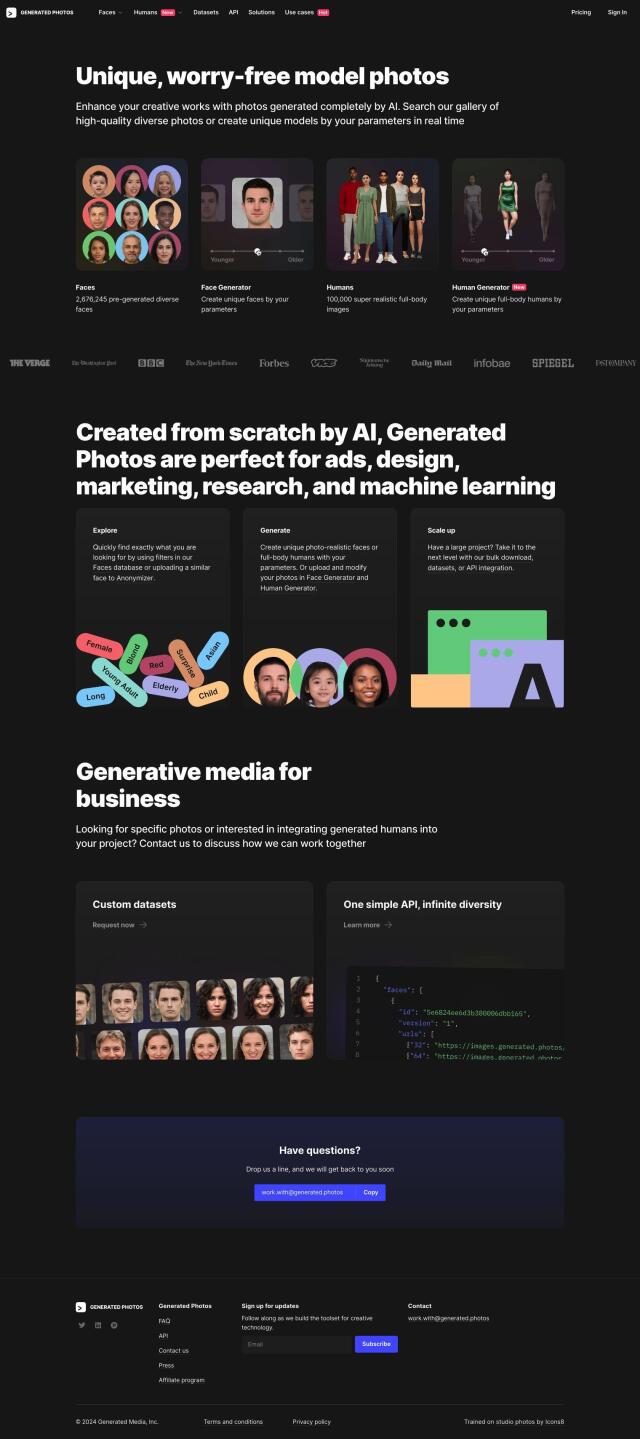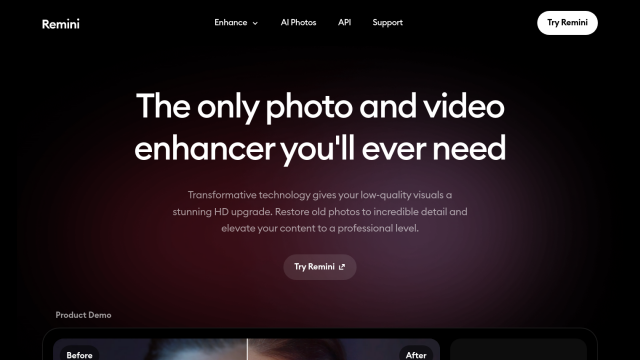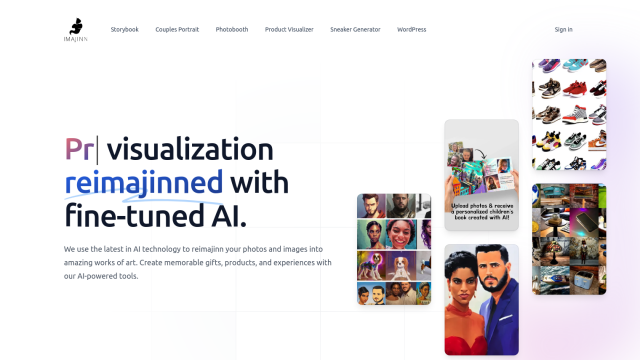Question: Can I find a tool that helps me track where my photos are being used online?

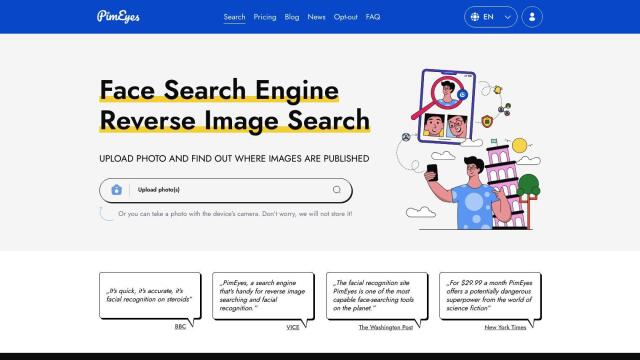
PimEyes
If you want a service to monitor where your photos are appearing online, PimEyes is a good candidate. This face recognition search engine and reverse image search service can help you find photos of yourself online even when they're in different backgrounds or group shots. PimEyes lets you upload photos and get back website addresses and links to the source. It also has options to set up alerts for new results and to permanently remove photos you don't want appearing elsewhere. The service accepts many file formats and can be used on mobile phones, so it's good for personal use and for companies monitoring copyright infringement or keeping tabs on their own online presence.

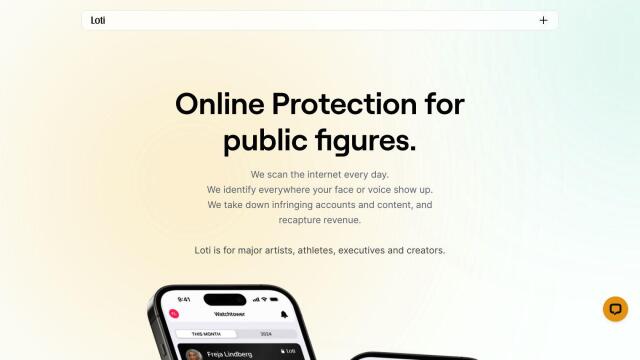
Loti
Another good option is Loti, geared for public figures like artists, athletes and executives. Loti has a service called Watchtower that monitors more than 100 million images daily for fake accounts, endorsements, explicit content and deepfakes. The company also has a licensing service, Vault, and a talent management service so public figures can license their likenesses on their own terms. Loti also has an automated takedown engine with a high success rate, which means it can quickly remove infringing content. That's useful for public figures and the agencies that represent them.


Pixmo
Pixmo is another digital asset management service that uses AI to constantly monitor the internet for unauthorized use of images. It offers automated image scanning and management tools so creatives can quickly find infringers and take action. Pixmo also offers a compensation mechanism so users can file takedown cases and set license fees. The service prioritizes data security and offers several pricing tiers, so it's a good option for those looking for a more comprehensive way to protect their digital assets.
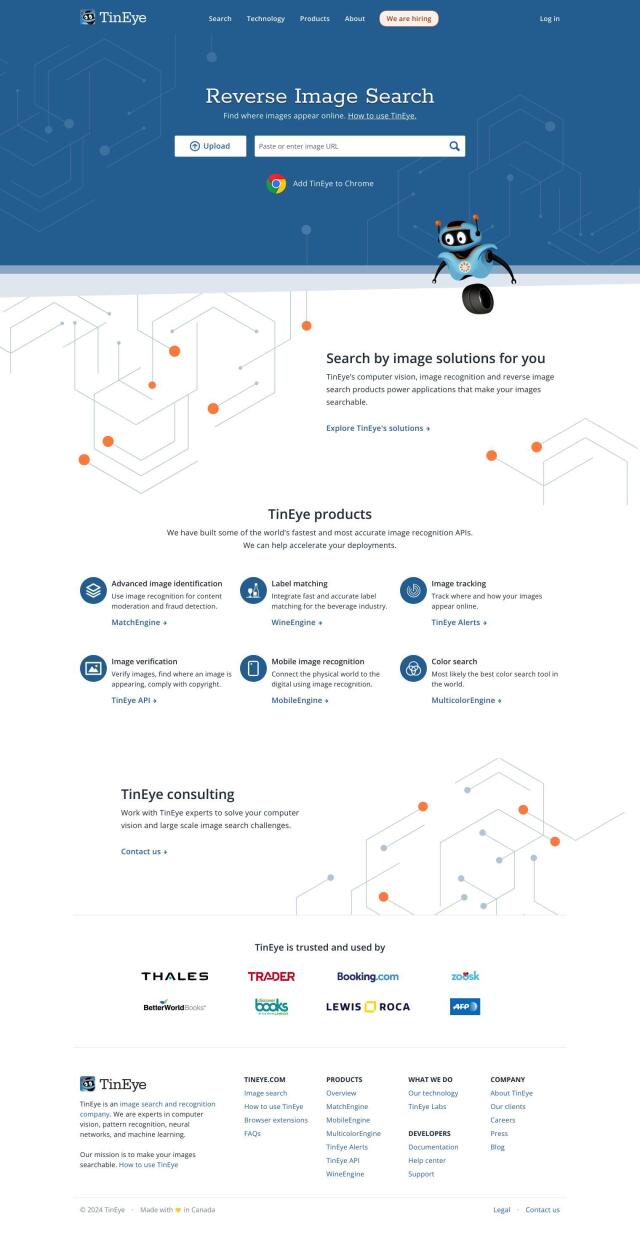
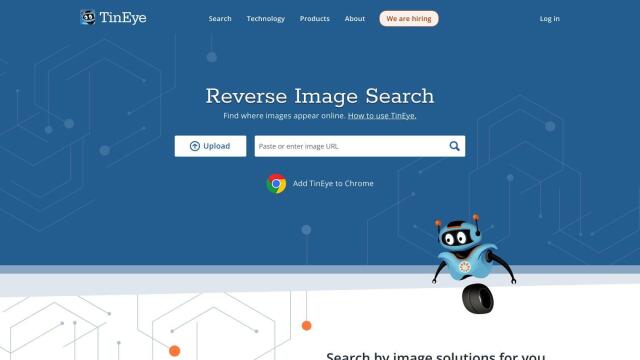
TinEye
If you're looking for something more specialized, check out TinEye, a reverse image search engine that uses computer vision and machine learning to quickly and accurately find images on the web. TinEye offers a range of products and APIs for different use cases, including image tracking and content moderation. It's a good option for e-commerce and digital media companies that want to monitor online image presence and avoid copyright infringement.

